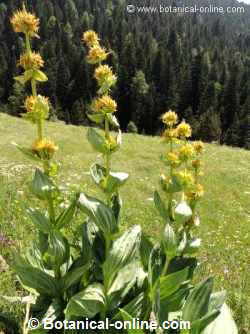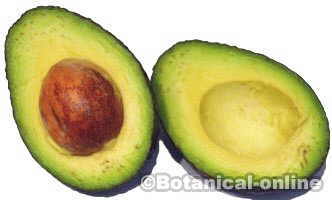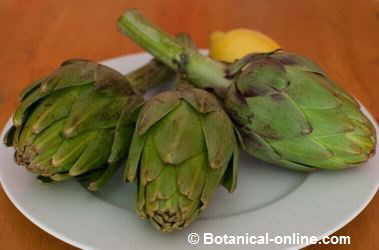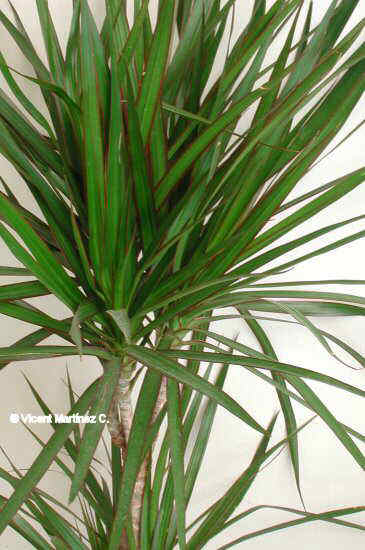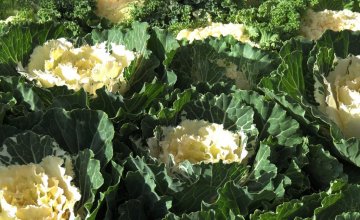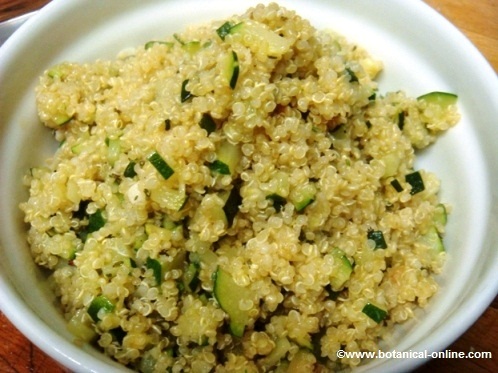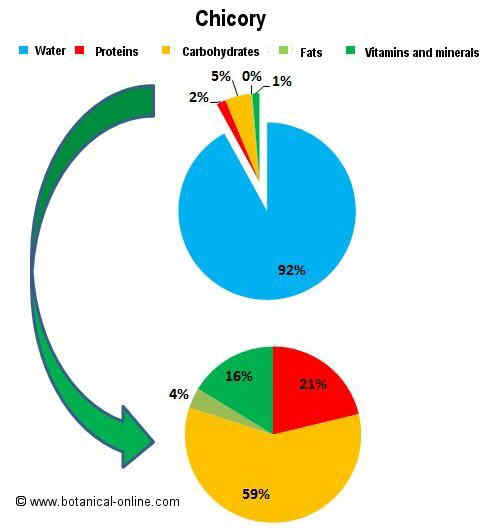Benefits of soy for prostate cancer
FOOD AGAINST PROSTATE CANCER
Studies show that the type of food has a very important relationship in the development of cancer: An estimated 35% of cancer deaths are related to the type of diet.
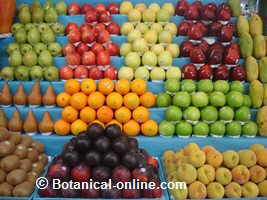
Photo of a stall in a fruit market . A diet rich in fruits and vegetables helps protect against cancer
Foods rich in fiber and omega-3
A diet rich in fiber and omega-3 exerts a protective effect against many cancers, including prostate cancer.
Foods rich in fiber are vegetables and fruits. which, in turn, contain numerous vitamins and phytochemicals that protect against cancer, such as vitamin C and beta-carotene.
We recommend including olive oil, flaxseed , chia and walnuts because they are high in omega 3.
Do not eat too many calories. Eat low-fat food
Obesity and eating too many calories increases the risk of prostate cancer.
People with prostate cancer or those who want to help prevent it have to control the amount of fat in the diet, as it has been observed that eating too much fat (either healthy fats or bad fats) increases the risk of this cancer.
Foods high in fat are usually sausages, chocolate, bakery products, whole milk, butter, industrial products such as chips or snacks, and fritters.
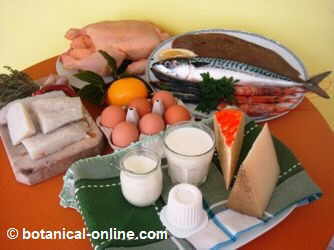
Protein foods of animal origin. Proteins are necessary for an optimal state of health..
Protein at each meal
Sometimes people over 65 with prostate cancer (accounting for 90 % of diagnosed cases) may be at risk of malnutrition due to different causes, such as lack of dentition that prevents eating the necessary food to be healthy.
If there is a deficit of essential nutrients such as protein, the body’s immunity will be reduced, leading to fatigue, loss of appetite and cancer worsening.
To prevent this situation from occurring, you must eat foods with proteins in each meal and follow a balanced diet (with a dish of rice, potatoes, bread or vegetables at every meal).
Some options are:
– Fish, meat or egg
– Ripened cheese, milk or yogurt
– Gelatin made with isinglass (NO with agar -agar, containing no protein)
– Crushed nuts (if trouble chewing)
– Yeast supplements
Ketchup against prostate cancer
Lycopene, abundant in red plant foods, has proven properties against prostate cancer . Lycopene inhibits the growth of tumor cells and is capable of preventing the BPH.
Due to its properties, tomato is one of the most suitable food containing lycopene, both to prevent or to help treat prostate problems.
Unlike many vitamins or other antioxidants, Lycopene concentration increases with cooking. For this reason, tomato sauce and roasted peppers are the best foods rich in this component. It can also be found in supplements.
A high intake of tomato sauce is associated with lower risk of prostate cancer.
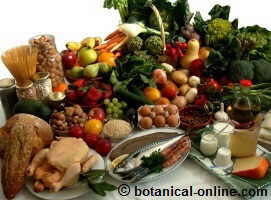
Foods of the Mediterranean diet.
A cup of green tea against prostate cancer
Its use is associated with a reduced risk of prostate cancer. Green tea is rich in one type of catechins with most powerful antioxidant effects, epigallocatechin Gallate. Choose a good quality green tea.
Mediterranean diet against prostate cancer
A study by the University of Crete indicates that the Mediterranean diet, rich in fiber and omega 3, could be a protective factor against prostate cancer, due to the lower incidence of this cancer in populations of Spain and Greece.
The Mediterranean diet provides numerous phytoactive compounds against prostate cancer as resveratrol, lycopene, quercetin, lupeol, genistein, carnosol, catechins, vitamins, etc..
It also has one of the healthiest oils in the world: extra virgin olive oil, rich in vitamin E.
Vitamin E is an anti-inflammatory (to prevent swelling of the prostate), and has antitumor properties capable of inhibiting the growth of cancer cells, especially breast , colon and prostate cancer.
![]() More information on prostate cancer
More information on prostate cancer

